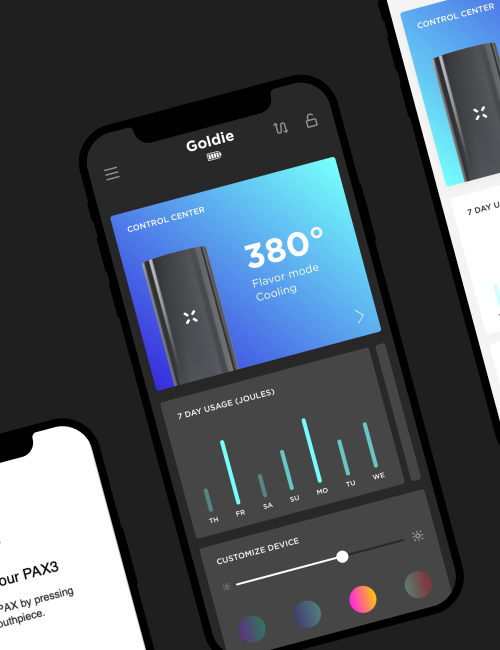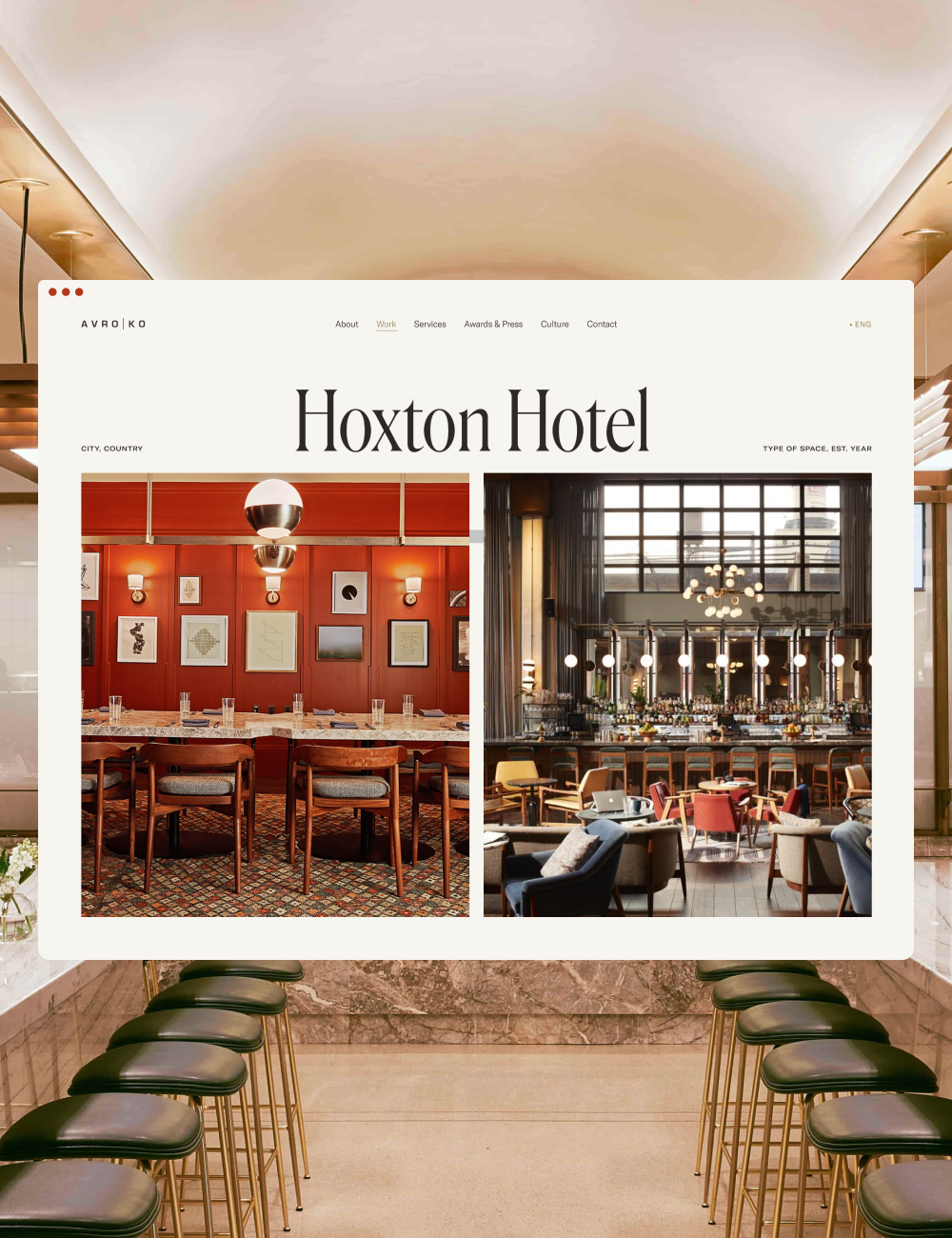Design is meant to help us, and yet it sometimes proves too helpful, thereby eliminating the basic influences and inherent sensations of our individualism.
Despite years of research, rounds of feedback, and cycles of reinvention, designers can still push too far, prioritizing the capabilities of their design over the needs of their user. A health app, for example, may encourage its user to develop better habits, yet overwhelm them by pushing too many positive reinforcements. An autonomous car may make the roads safer, yet establish too much control over the driver. A grocery store’s self-checkout machine may enable efficiency, yet assume too much self-regulation by relying on the shopper to troubleshoot an issue rather than a clerk making the swift correction.
Great design makes individuals feel safe and secure while inspiring their respective independence. We want to believe our best selves can transcend conditions and experiences without the impression we are being forced to evolve and adapt.
Essentially, intentions are wonderful, but execution is key. Craft and strategy each play an important role in the success of personal experience. It is a matter of doing right by the user, not necessarily doing the most for them. Design should bring out the best of human nature, not attempt to replace it altogether.
For more ideas, subscribe to our newsletter : )

